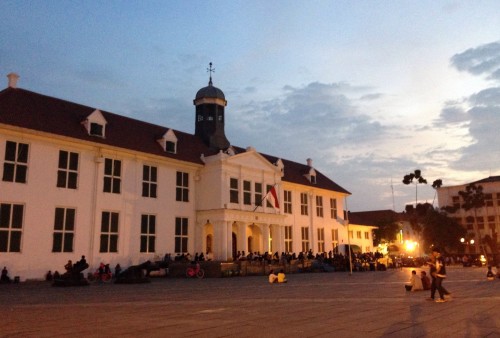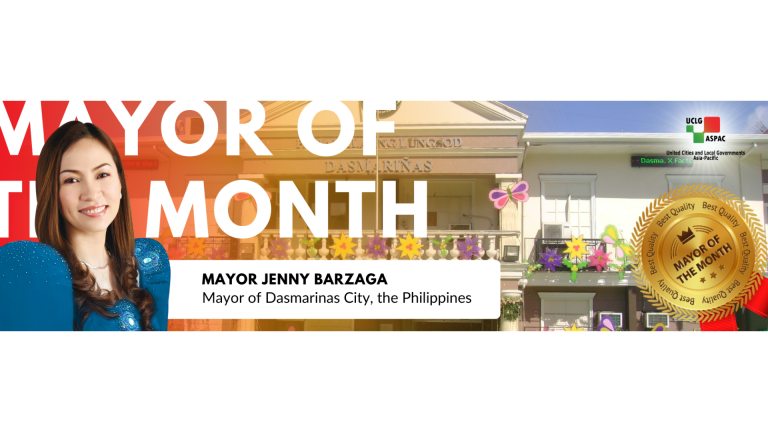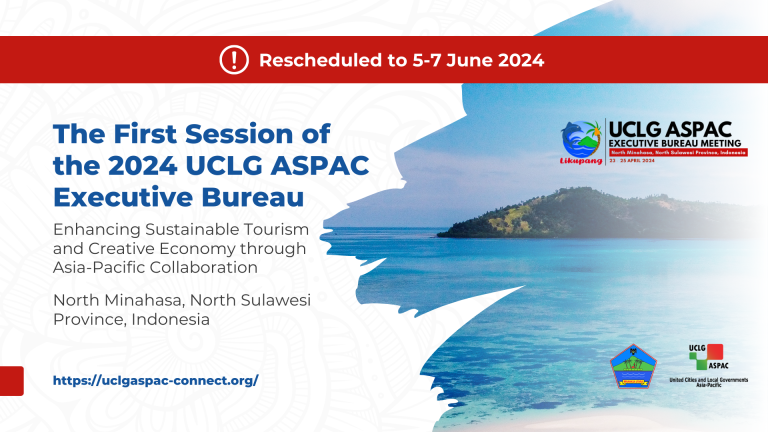MY stay in Indonesia has been extremely insightful. Through an assortment of conferences, conversations, research and work at UCLG ASPAC, I’ve begun to understand the complexity of some of the issues affecting local governance. One particular excursion to the Kota Tua (Old City) in Jakarta’s downtown area aroused my curiosity in urban development as well as how Corporate Social Responsibility (CSR) has impacted on private-public collaborative investment in Indonesia.
In 2007, Indonesia promulgated Law No. 40 and became the first country in the world to legislate CSR. The bill requires all limited liability companies involved in the natural resources sector to participate in CSR activities and is underscored by the finding that the majority of companies operating in Indonesia, both local or foreign, are negligent of their role in promoting sustainable business practices (living wages and proper working conditions e.g.) and countering the negative externalities they create.
CSR in most other countries is not mandatory by law, but rather understood and self-regulated by industry.
What makes the case of CSR in Indonesia particularly noteworthy is that although there is a law in place, its implementation is lacking and the effects of CSR are subsequently not as deep and far-reaching as the law aspires to it to be. For CSR to instigate real change, the relationship between the private and public sector needs to both develop and be more closely regulated.
In neoliberal economics, CSR and government intervention, especially in the environment sector is necessary to achieving sustainable long-term economic growth. It is the fact that the long-term is obscured by instability and profit-driven motives in Indonesia that has warranted CSR to be written in law.
When considering democracy, it is also evident that such CSR should be guided by environmental policy designed by elected representatives. The fact of the matter is that Indonesia still lacks a comprehensive framework by which local government policy can be refined and clarified before corporate CSR investment in the public sector. Without this structure, the boundaries between public and private will be blurred and will undermine the democratic process.
I raise the example of the Jakarta Old Town Revitalisation project, which seeks to rejuvenate the Old Batavia area by affording fresh spaces for cultural and creative activity. The project’s mastermind, both CEO of his own company and Advisor to the Coordinating Minister of Economy is the driver of the program. I was compelled to question the implementation of the project – was the public consulted on the new plans for this area?
It seems to me that public and private sector interaction in this area requires a lot of improvement for CSR to be effective and answerable to the needs of the community. There is space for an organisation such as UCLG ASPAC to promote private sector investment in public sector projects, as local governments do face technical and financial restrictions, however in a way that regulates CSR activity by ensuring all projects are fair and transparent.
This would involve mediating discussion between local governments and private entities interested in investing for CSR purposes. (Nicole Ng)











